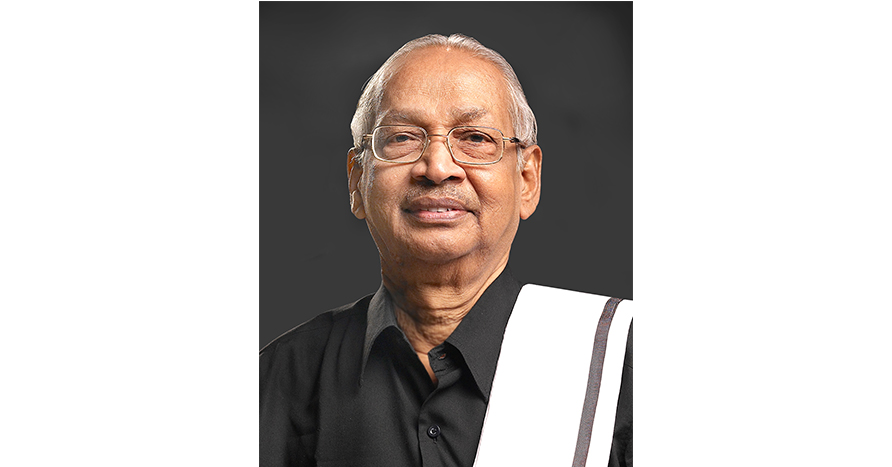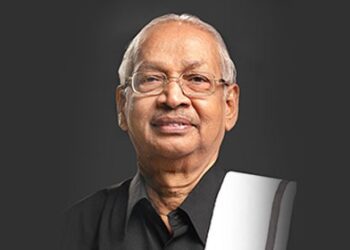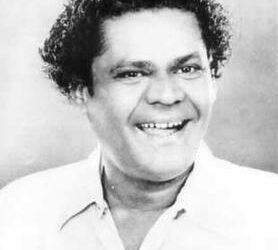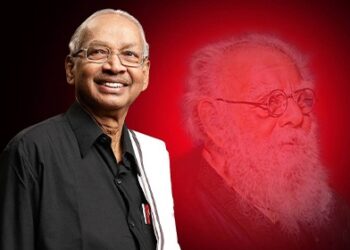Dr.K.Veeramani
Most of the sheep in a herd look alike. It is very difficult to identify a particular sheep. But in a group of ten persons, we find ten different entities – different in appearance, attitude and aptitude, each with a distinctive character. For scholars in the western countries, five individuals are a ‘group’ and more than that is ‘crowd’. Each person in both the categories is distinctly distinctive. We need tolerance to get along with everyone without losing our mind.
This applies to every office, organisation, association, institution and family too. Not all can ever be on the same wave-length of thoughts, likes and dislikes. Human beings are not birds of the same feather to flock together. Some of us shrink our face when others differ from us. We treat them with contempt and abuse them using our mind-voice. We stay away from them and avoid communication, but they never understand that no communication is also a communication. They ignore our hatred and keep pestering us.
Sometimes we hear them without listening to them. The root cause is our intolerance.
It is said, patience is deeper than ocean. I would say that tolerance is greater than patience. It is too bad to let out our intolerance and hurt others. It leads to verbal warfare. Harsh and rude retorts can easily snap and strain a relationship. Even when our arch enemies knock at our door for a favour or some other purpose, receiving them with a smile, without mental reservation, would elevate us as a true humanist.
It would not in any way belittle us. It would rather boost up our image as an epitome of tolerance. Our conscience would help us scale greater heights in life.
Annai E.V.R. Maniammaiar tolerated humiliation and brickbats hurled at her by adversaries. Insults rolled off her back. She exists even today at a glorious height in every one’s memory, because of her abundant tolerance when she lived. We have to ignore the shortcomings of others and accept them for their positive traits. Learn to use people wisely, brushing aside their weaknesses.
Many people hurt us and harm us. According to the great sage Thiruvalluvar, forgetting it totally is far better than tolerating it. Intolerant people live with a spirit of vengeance. Vendetta spree makes us brutes and beasts. Forgiving an injury is good, but forgetting it is better. An “eye for an eye” was the Hammurabi code of punishment in the ancient eras. Later, there were birth-based punishments. Brutal punishments awarded by caste disparity and racial bias vanished during the British rule when Indian Penal Code (I.P.C.) was framed. Today our governments, judiciary and custodians of law have begun to think over reforming criminals rather than punishing them. Tolerance is the basis of such thoughts.
The question before mankind is – which is ideal – Revenge or Reformation? We have to chalk out measures of correction instead of punishing criminals by stringent laws. Tolerance alone can elevate and escalate us to reach the zenith of humanism.







